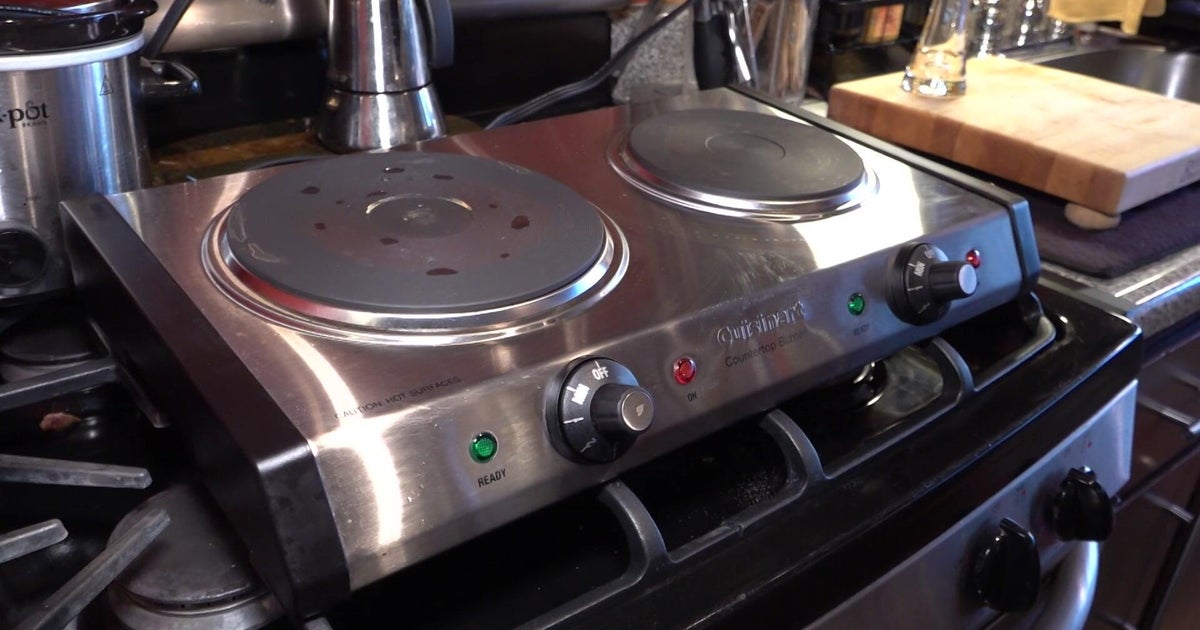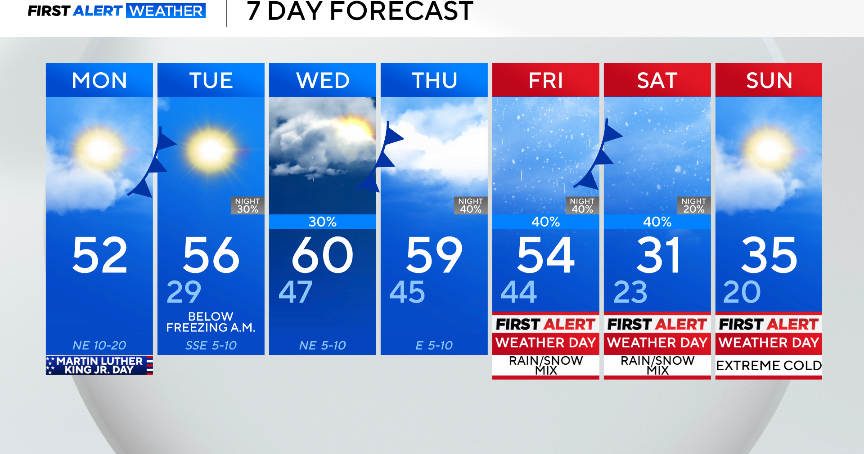Curious About The Cost Of Converting From Oil To Natural Gas
BOSTON (CBS) - Worried about the cost of staying warm this winter, especially if you heat with oil?
Some people are saying enough, and making a change.
Like John from Belmont who Declared his Curiosity to WBZ-TV:
"The price of oil has been steadily rising. Is it cheaper to heat with oil or natural gas or anything else?"
We checked it out and found that while it can be cheaper, you have to look carefully at the price of switching.
At Patricia O'Mahony's home in Quincy, it's out with the old and in with the new.
She's converting from oil to natural gas.
"It'll save me a lot of money in the long run," she says.
Making that kind of switch is definitely a long term proposition.
Here are some ballpark numbers.
If you're switching a forced hot air system, expect to pay between $4,500 and $7,000.
For radiators, the cost is upwards of $7,500. Converting a forced hot water system is the most expensive, between $7,500 and $11,000.
You may also have to pay to run a gas line to your house and to get rid of your old oil tank.
Despite the costs, a lot of people are taking the plunge.
"This year we project 14,000 conversions," says National Grid's Dennis McCaffery.
He says there's a simple reason for that.
"They can expect to save a range of 15-to-34-percent. That's because natural gas is a lot cheaper than oil right now."
And that's keeping Hub Plumbing busy doing about 10 conversions each month.
"They want to save money, they want their equipment to be reliable, they want a reliable source of fuel coming in," says John Clary of Hub Plumbing.
It's not just switching to gas.
Some homeowners are thinking very long term and going geothermal, where your heating and cooling come from below ground.
But that's hugely expensive.
You could pay from $15,000 to $40,000 for a geothermal system mostly due to drilling and construction costs. However, you could also save as much as 70-percent on your heating, cooling and hot water bills.
For a much smaller investment, some people are buying pellet stoves to supplement their heating systems.
A bag of wood pellets costs about $5 and lasts all day.
"You can cut your oil bill down by about a third," says Rob Buchanan who owns Buchanan Fireplace in Medford.
At his shop, pellet stoves cost between $4,000 and $5,000.
"You should be able to pay that off, with oil rising, within a couple of years," says Buchanan.
By far, switching to gas is the most popular choice.
But with the high changeover costs, timing is important.
"My boiler was old and I knew I needed a new one," says Patricia O'Mahony. And that's the best time to consider making a move.
WBZ-TV's Diana Perez reports
The heating oil industry doesn't dispute that natural gas is cheaper than oil, but warns that the upfront costs of switching to gas can be great.
The Mass. Oil Heat Council also says some of the gas industry's advertising is misleading.
Even though oil prices have been dropping, bringing us some relieve at the gas pumps, heating oil prices are expected to remain high in the long term.







